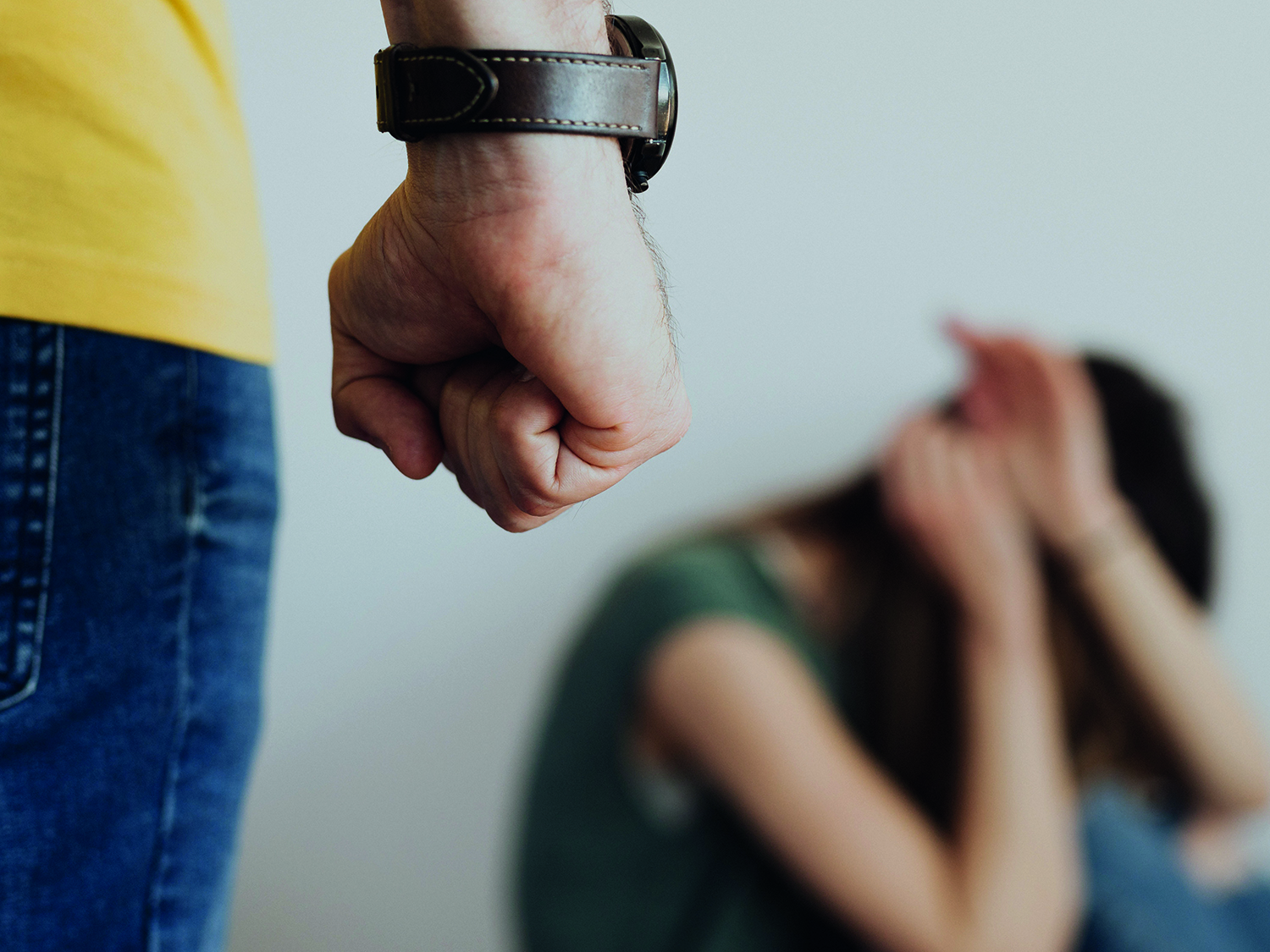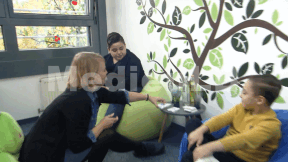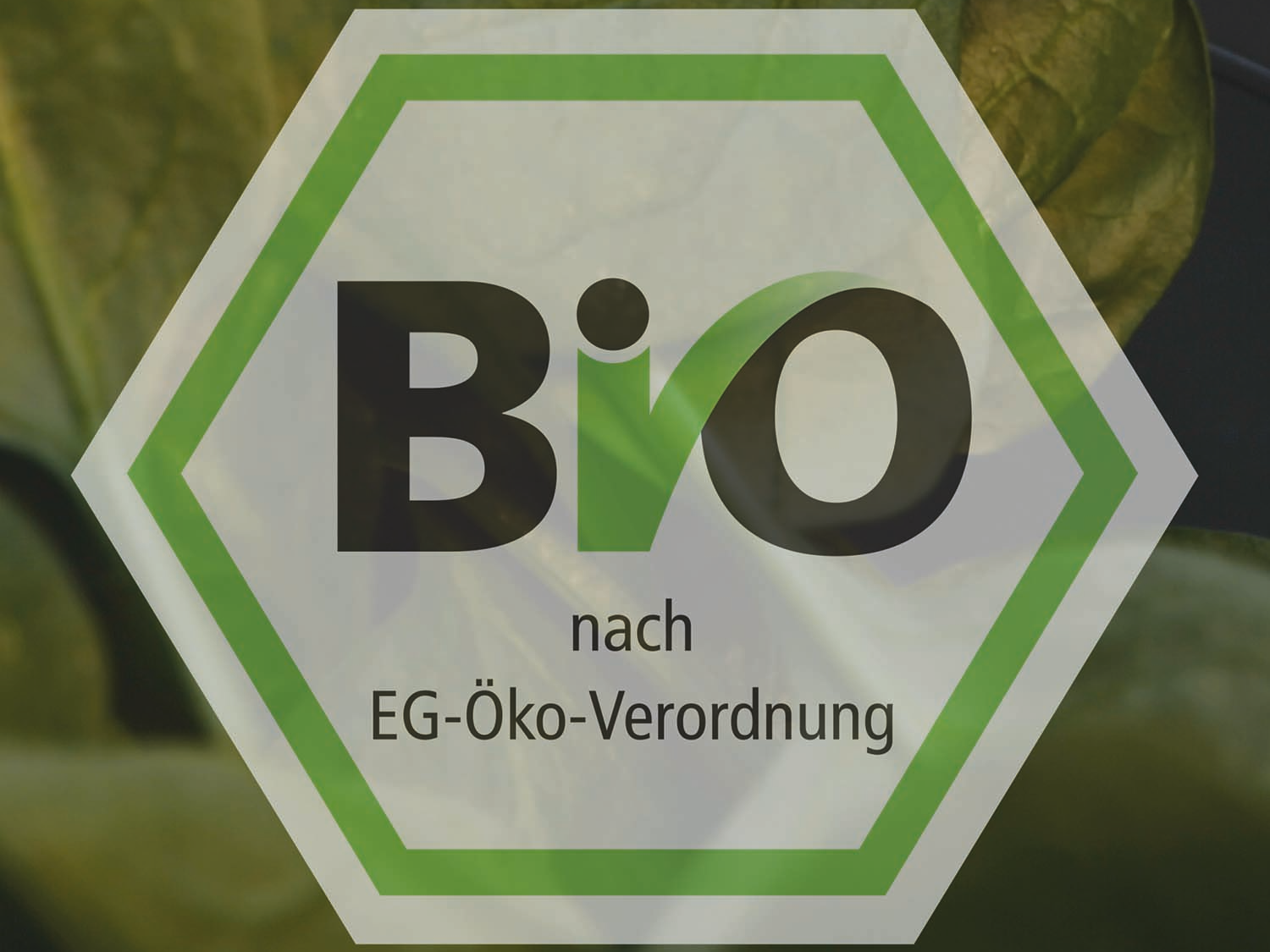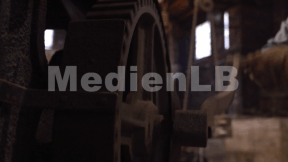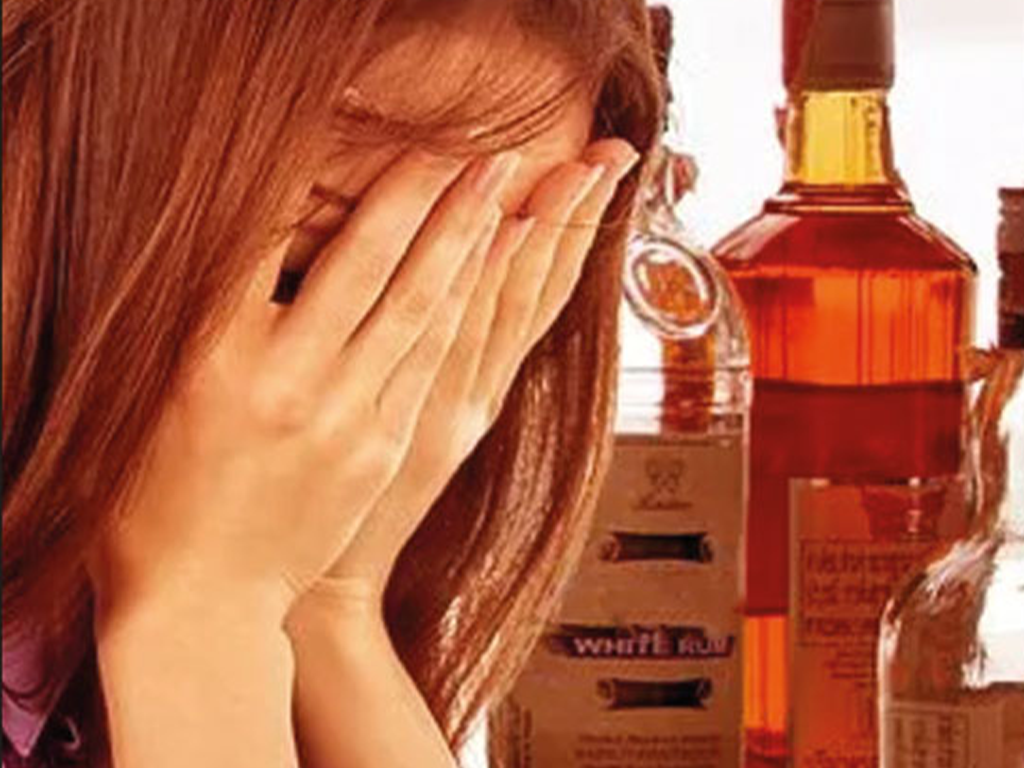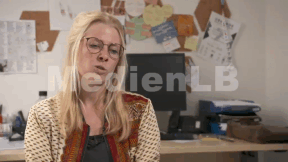 Primary School
Primary School
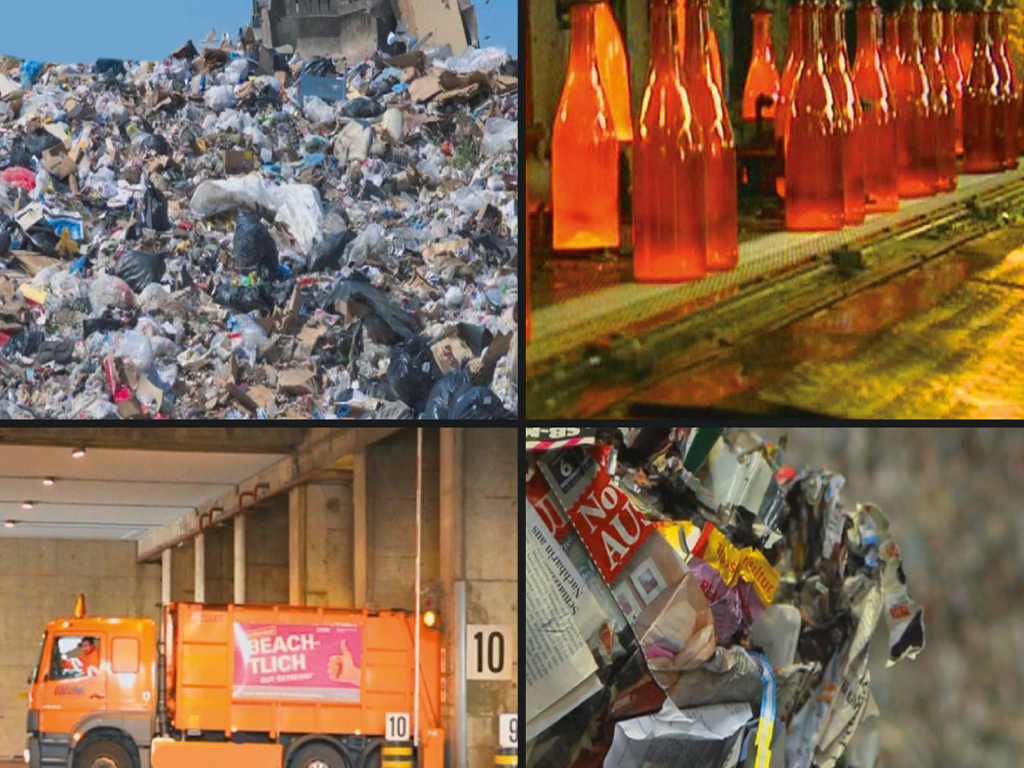

4668258 / 5559749
Müllvermeidung
Was kann man tun ?
In dieser Ausgabe von “Schau dich schlau!” erfahren Sie alles, was man über Müll wissen muss. Jeder Deutsche hinterlässt jedes Jahr fast eine halbe Tonne Abfall. Wie kann man diesen gewaltigen Müllberg reduzieren? Die Wissensreporter Joey Grit Winkler und Fero Andersen wagen das spannende Experiment und wollen 24 Stunden lang keinen Müll produzieren. Joey Grit Winkler und Fero Andersen wagen ein radikales Experiment und treten in einen Müllvermeidungs-Wettstreit. Sie wollen 24 Stunden lang keinen Müll produzieren. Schnell stellt sich die Frage: Was können die beiden eigentlich noch essen? Wo können sie einkaufen? Und wie vermeiden sie es, mit Werbeprospekten und Verpackungsmaterial überschwemmt zu werden? Das Experiment zeigt, welchen Abfall wir tagtäglich produzieren und mit welchen Tricks wir unseren persönlichen Müllberg schrumpfen lassen können. In dieser Folge “Schau dich schlau!” bekommen die Zuschauer außerdem Antworten auf folgende spannende Fragen: Lohnt es sich, Flaschen nach Farben zu trennen? Landet unser sorgfältig getrennter Müll am Ende doch in der Müllverbrennungsanlage? Welche Trendsportart verbirgt sich hinter dem Begriff “Dumpster Diving”, und wie kann man aus dem Datenmüll auf zerkratzten CDs und magnetisierten Festplatten wieder die ursprünglichen Informationen zurückgewinnen?
Play trailer
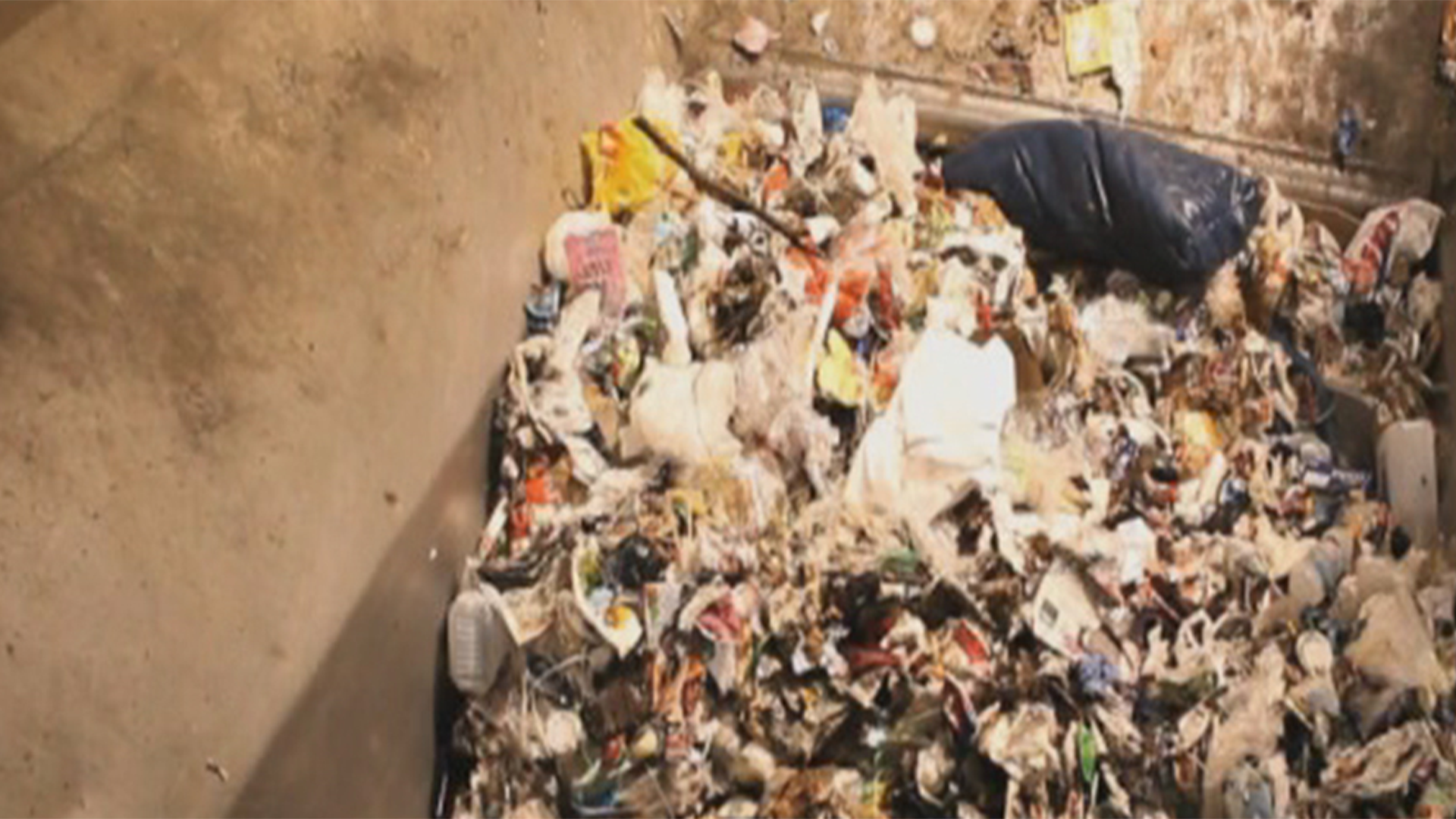
Curriculum-centred and oriented towards educational standards
Matching
Häusliche Gewalt
Häusliche Gewalt ist ein verborgenes Problem mit einer erschreckend hohen Dunkelziffer.
Gütesiegel
Gütesiegel wie das „Bio-Siegel“, „Blauer Engel“, „Stiftung Warentest“ und bis zu 1.000 weitere Siegel repräsentieren Eigenschaften wie Nachhaltigkeit, Gesundheit oder Sicherheit bezüglich eines Produkts, einer Dienstleistung oder auch eines Unternehmens.




